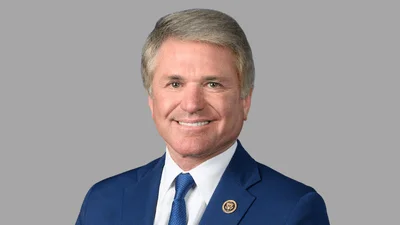WASHINGTON -Ways and Means Committee Chairman Charles B. Rangel (D-NY) yesterday introduced H.R. 5264, a bill providing for a long-term extension of three trade preference programs scheduled to expire this year. Specifically, Chairman Rangel’s bill would extend Andean trade preferences (ATPA) that are due to expire on Feb. 29, preferences for the Caribbean Basin (CBI) countries - which expire on September 30 -- and the Generalized System of Preferences (GSP), which expires on December 31.
"These preference programs have been a centerpiece of U.S. efforts to spread the benefits of globalization to the world’s poor and developing countries," said Ways and Means Committee Chairman Charles B. Rangel (D-NY). "They have created tens of thousands of jobs - jobs that are likely to be lost to countries like China if the programs are not renewed - and have created opportunities for workers and businesses in the United States. These programs have also fostered key U.S. foreign policy goals, including U.S. counter-narcotic efforts, and empowered the agents of democracy and reform abroad."
The bill would extend all three programs until Sept. 30, 2010. H.R. 5264 also addresses a number of problems with the textile provisions of the African Growth and Opportunity Act (AGOA) and the competitive need limitation (CNL) waiver provisions of GSP.
"Extension beyond 2010 would have been ideal to provide the necessary predictability and stability for the Andean, Caribbean, and GSP programs," continued Chairman Rangel. "However, I have included the shorter extension in this bill to accommodate the range of opinions on the issue of renewal. In the coming days, I will work with my colleagues to harness the strong bipartisan support that I believe exists to extend and improve these critical trade preference programs."
"Finally, a two-year renewal of these programs at this time should send a clear signal to negotiators in the World Trade Organization Doha Round negotiations that the U.S. commitment to trade and development remains unwavering and substantial. This element of the Round is fundamental, even as the United States presses for key goals in agriculture, far reaching commitments on tariff and non-tariff barriers with respect to manufactured goods, services and strong outcomes in other areas, including the so-called "Rules" negotiations."









